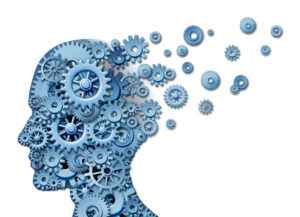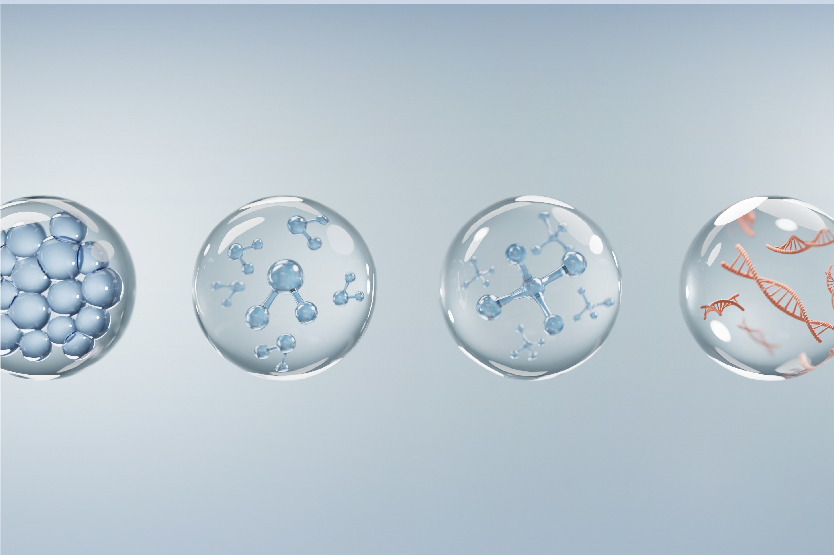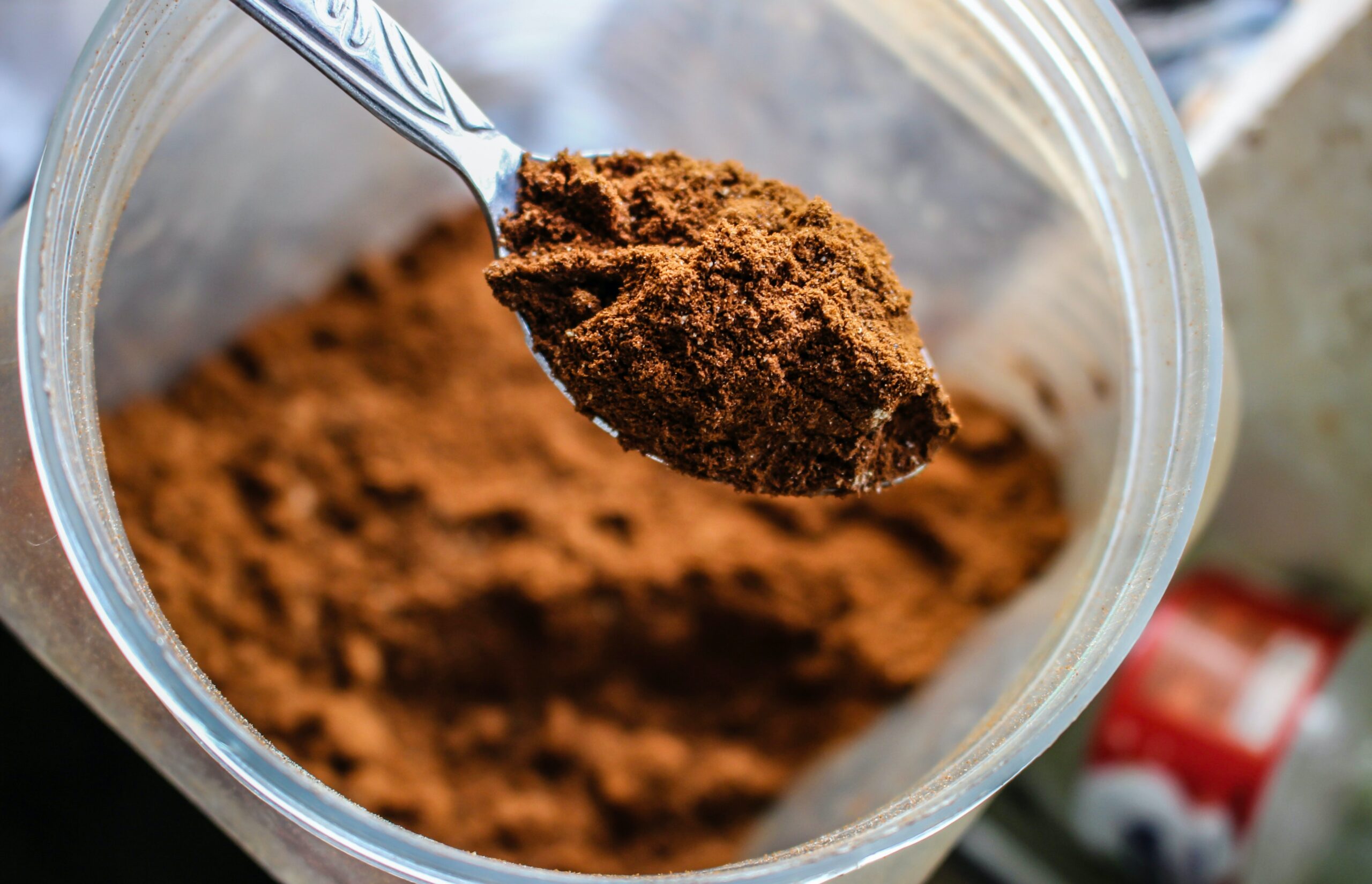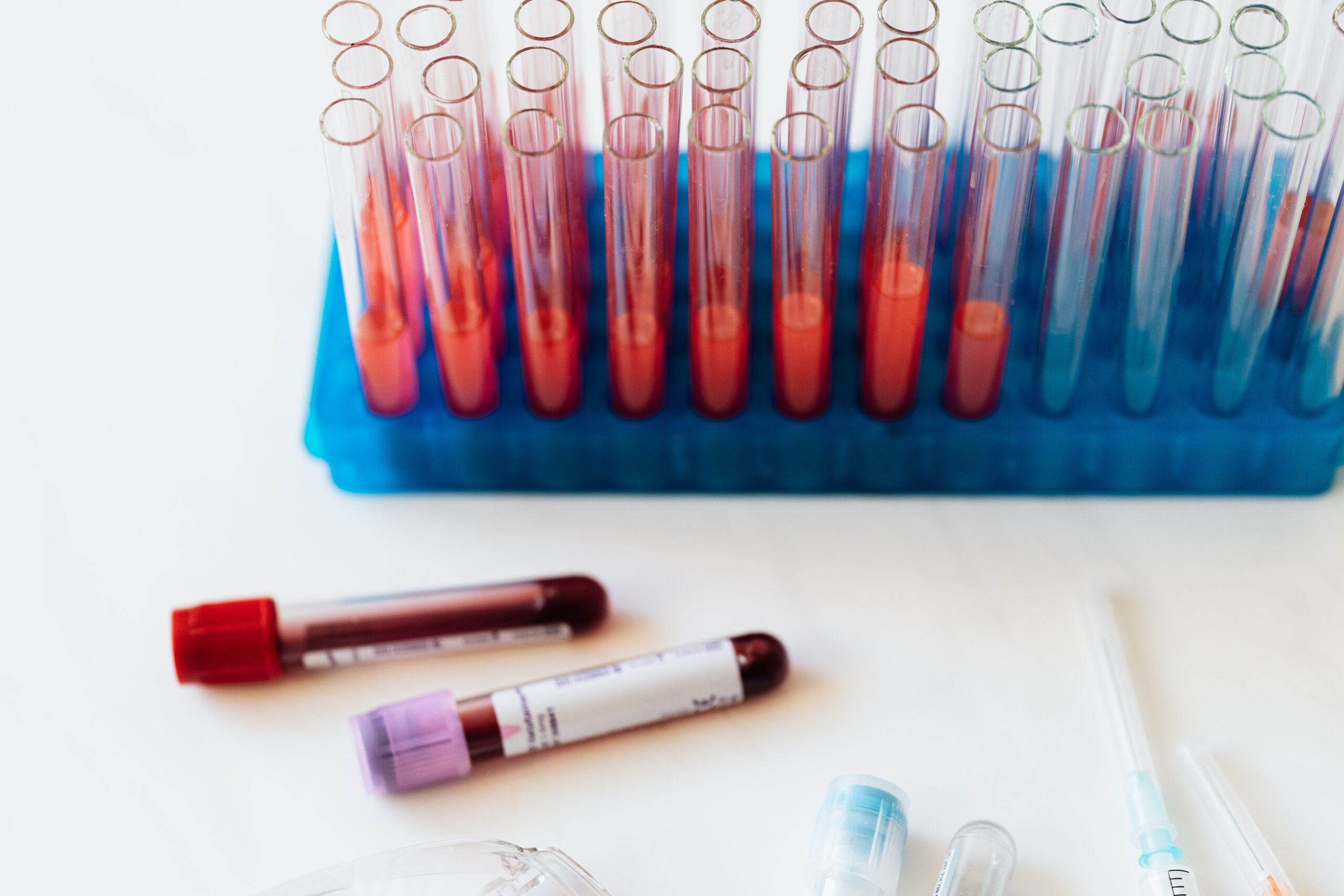Nutritional Medicine
The Importance Gamma-Linolenic Acid (GLA) in ADHD- The Good Omega-6
Nearly 60% of the adult brain is composed of lipids, of which approximately 35% are polyunsaturated fatty acids (PUFAs). Omega-3 and omega-6 fats are both PUFAs. They contain more than one double bond in their backbone, making them flexible and fluid. PUFAs are essential building blocks of the membrane phospholipidsRead
Cocoa Capsules Lower Blood Pressure
For people with existing hypertension, capsules containing cocoa flavanols helped reduce blood pressure and arterial stiffness, according to a small study in Frontiers in Nutrition. Previous trials back up these findings — in fact, some research suggests that cocoa flavanols lower blood pressure and arterial stiffness as much as certain bloodRead
The Role of NAD+ in Aging
Feeling the effects of aging firsthand can be frustrating and even scary. Getting older doesn’t have to be a negative experience. The key is to live a healthy lifestyle to age in health with grace. Implementing the right daily habits and having an effective wellness routine can help you maintainRead
Probiotics Boost Mood in People on Antidepressants
If any of your patients are taking antidepressants, make sure they are also supplementing with probiotics daily. According to a study in Translational Psychiatry, probiotic “add-on” therapy helps decrease depression among men and women on prescription antidepressants. Study Details & Highlights For the 31-day study, performed on inpatients at the UniversityRead
Researchers Identify 4 Nutrients for Softer Skin
Four supplements — collagen, ceramides, hyaluronan, and procyanidin — can increase skin hydration and ease dry skin, according to a study in Frontiers in Nutrition. Scientists performed a meta-analysis and systematic review of 66 experiments involving skin health. The four beauty nutrients mentioned above were “proven to be effective” atRead
Small Servings of Whey Help Type 2 Diabetics
There’s a new reason to love whey protein powder — it may help type 2 diabetics better manage their blood sugar. That’s the conclusion of a new study in BMJ Open Diabetes Research & Care. Study Details For the study, researchers gave subjects with type 2 diabetes a pre-made shotRead
Fruits and Veggies Improve ADHD in Kids
There’s a simple prescription for treating ADHD in children – eat more fruits and vegetables. New findings published in the online journal Nutritional Neuroscience linked diets high in fruits and veggies with less severe inattention, a key symptom of ADHD. Vitamins and minerals serve key roles (often as cofactors) inRead
Cranberries Provide Neuroprotective Benefits
Blueberries get all the glory when it comes to boosting memory and cognitive function. But according to a new study, cranberries may be edging out the berry competition when it comes to brain health. Researchers from the UK-based University of East Anglia found that freeze-dried cranberry powder taken daily forRead
Probiotics and Gut Microbiome Trigger Emotion and Mood Brain Signatures
Can probiotics alter the gut microbiome to shift emotion and mood brain signatures? The gut microbiota-brain axis plays an important role in gastrointestinal function and the regulation of mood, anxiety, and pain by communicating with the brain. Most studies have used animal models, however the following is a human double-blindRead
Biotin Can Skew Blood Tests Results
The next time you order blood tests for a patient, be sure to ask if they are taking biotin. New research presented at the annual American Association of Clinical Endocrinology (AACE) meeting shows that biotin supplements may interfere with certain biotin-based laboratory immunoassays, producing false or misleading results. Survey ResultsRead














